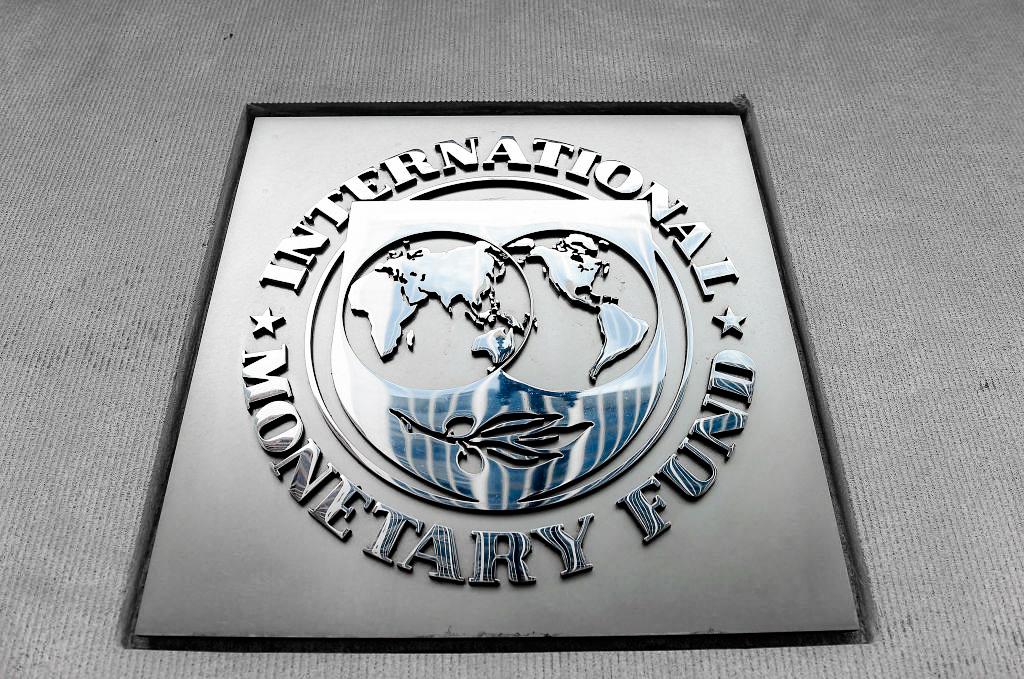The International Monetary Fund (IMF) has warned that Britain cannot afford to cut taxes because it needs the money to preserve services and bring down the national debt.
Next year’s projection showed a growth of 1.6 percent, placing Britain at the bottom of the G7 major economies, next to Germany and only ahead of Japan.
The UK is said to be recovering slowly from the negative effects of high energy prices and persistent high inflation, which have stopped the government from announcing tax cuts in the past.
The financial agency suggested that it would take “high-quality fiscal savings, including on the tax side,” to accommodate Britain’s higher spending needs and the need to secure a stable debt/DGP ratio.
“It is in this context that [IMF] staff advises against further tax cuts,” the IMF said.
Between a Rock and a Hard Place
The UK’s public sector net debt was £2.68 trillion at the end of Dec. 2023, or around 97.7 percent of GDP. It remained at levels last seen in the early 1960s.Borrowing in the financial year-to-December 2023 was £119.1 billion, which was £5.0 billion lower than forecasted by the Office for Budget Responsibility (OBR). A lower than expected borrowing figure could provide Chancellor Jeremy Hunt with the opportunity to slash taxes in March.
In its ambition to cut taxes in the election year, the government finds itself between a rock and a hard place. On one hand, slashing taxes could prove critical for the Conservative party to increase its poll ratings. On the other hand, tax relief would mean going against the advice of a respected global economic institute, such as the IMF.
“It might be easy to announce immediate tax cuts, without any hint of what it is the state currently does that it will stop doing, or what taxes will rise in future, but this trade-off cannot be wished away,” the IFS said.
The IFS report suggested that whoever in Westminster inherits the current state of the economy will face “a combination of high debt interest payments and low growth.”
The recent easing of inflation has allowed Mr. Hunt to provide some tax cuts. The Autumn Statement announced a 2p cut to National Insurance and a tax cut on business investment.







